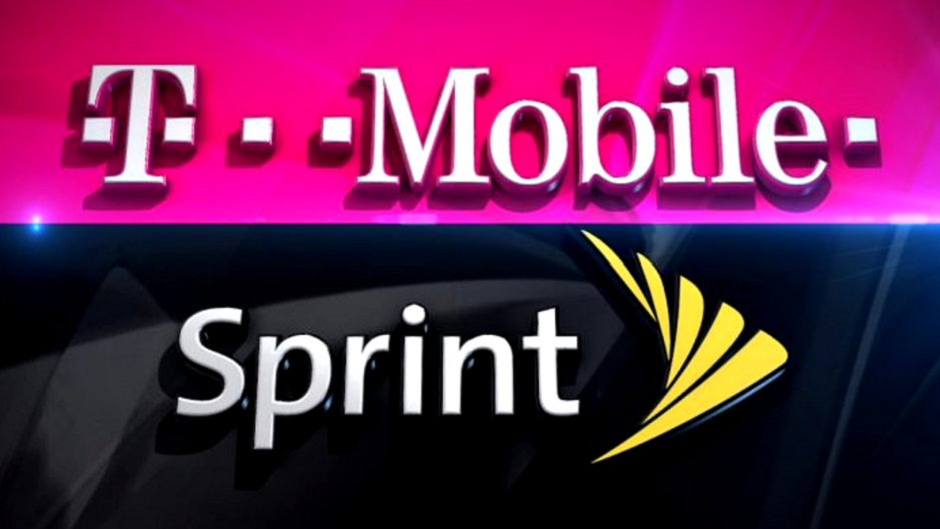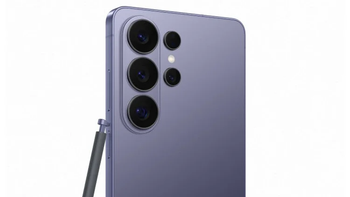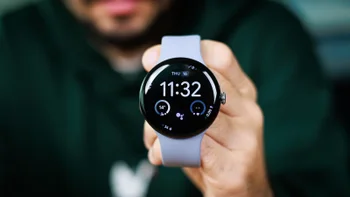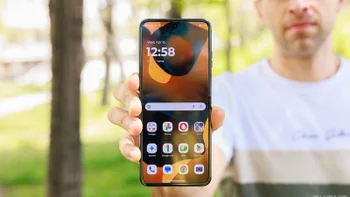States seek to delay important hearing related to T-Mobile-Sprint merger

Back in July, after T-Mobile and Sprint agreed to set up Dish Network as the "fourth nationwide facilities-based network competitor" to replace Sprint following their merger, the Justice Department (DOJ) agreed to allow the $26.5 billion deal to take place. The DOJ, concerned with antitrust issues, wanted to make sure that the U.S. would continue to have four major wireless providers after the transaction closes.
Thus, Sprint agreed to sell to Dish all of its pre-paid businesses including Boost Mobile, Virgin Mobile, and its own branded pre-paid unit. It also sold Dish some of its 800MHz spectrum, some retail stores, and cell sites. In addition, Dish signed a seven-year MVNO agreement with T-Mobile; this will allow the satellite content provider to sell wireless service using T-Mobile's network as it builds out its own standalone 5G network.
The FCC earlier this month approved the merger, which was first announced on April 29th, 2018. That leaves one remaining hurdle, a lawsuit filed by 18 state attorneys general and the attorney general of Washington D.C. seeking to block the merger. The trial is set to begin on December 9th and T-Mobile has already made a deal with Mississippi. To placate the AG of that state, T-Mobile and Sprint agreed to cover at least 62% of the state's urban and rural populations with 5G signals (carrying download data speeds of 100Mbps or faster) within three years after the deal closes. Within six years after the deal closes, 92% of the general population of Mississippi and 88% of the rural population must be able to access 5G. And just days ago, an agreement was made with the attorney general of Colorado dropping the number of plaintiffs by two to 16. To grease the wheels in Colorado, Dish reportedly promised to bring 2,000 new jobs to the state. Of course, the Dish deal with Sprint is contingent on Sprint merging with T-Mobile; so with all oars rowing in unison, perhaps an agreement can be made with the states remaining in the suit.
On Thursday, Bloomberg Law reported that it is customary for any merger settlement made with a government agency, like the one made between T-Mobile, Sprint, Dish and the DOJ, to be reviewed under the Tunney Act by the U.S. District Court for the District of Columbia. This is done to make sure such deals are in the interest of the public. Ah, remember when the U.S. had checks and balances? Anyway, New York Attorney General Letitia James sought to have the Tunney Act review delayed while the state attorneys general case was being litigated in New York. But the DOJ replied in a filing to the court on October 23rd that any delay "would fly in the face" of Congress' wish for a speedy review of such mergers. In a separate filing made the same day by Mark Nelson an attorney representing the T-Mobile and Sprint deal. Nelson says that the move to delay the Tunney Act review is an "eleventh-hour attempt" by the states to avoid a ruling that would be in favor of the merger. "What they really want from this Court is a second chance to challenge the Settlement when they lose at trial," Mark Nelson stated.
Both T-Mobile and Sprint have agreed not to close the merger until the lawsuit filed by the state attorneys general is decided. However, once the Tunney Act review is complete, T-Mobile, within 90-days, can start turning over to Dish some of the assets that the latter agreed to purchase. The DOJ notes that "No useful purpose would be served by delaying the deadline to enable that entry."
Meanwhile, our trusty T-Mobile-Sprint merger "fear index" is flashing bright red. This is warning us that smart Wall Street hedge funds and arbs with usually solid information feel that the merger is not going to take place. This figure tells us the spread between the theoretical price of Sprint if the deal were to close right now, versus the actual price of the stock. The current gap is $1.99 and that is the widest we've seen it. To compute this figure, take T-Mobile's stock price ($81.62 at the close) and multiply by .10256. Each Sprint stockholder will receive .10256 of a T-Mobile share if the deal closes. Based on this calculation, Sprint would be valued at $8.37 if this was a done deal tonight. But Sprint closed the week at $6.38 indicating that there is plenty of worry on the street that the merger won't close.
Follow us on Google News













Things that are NOT allowed:
To help keep our community safe and free from spam, we apply temporary limits to newly created accounts: